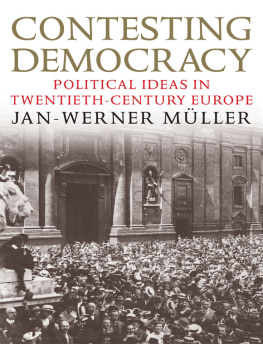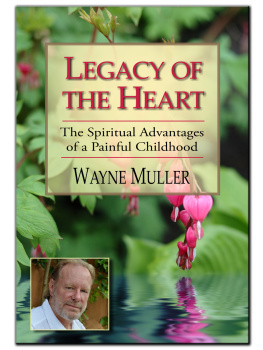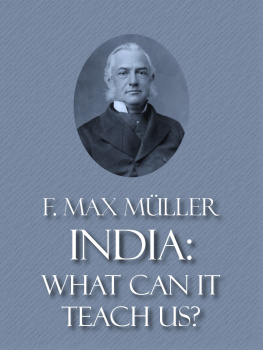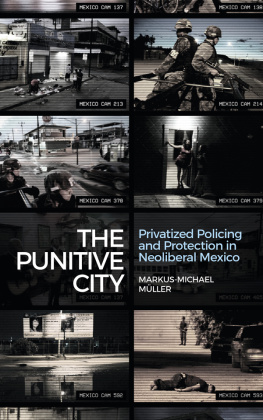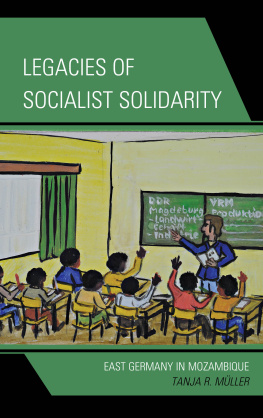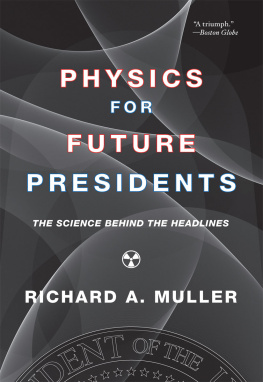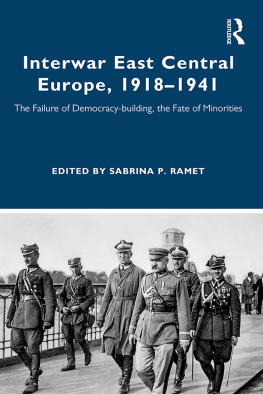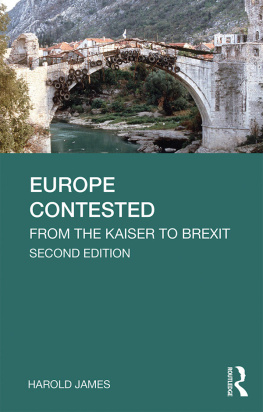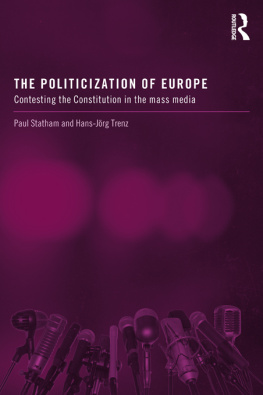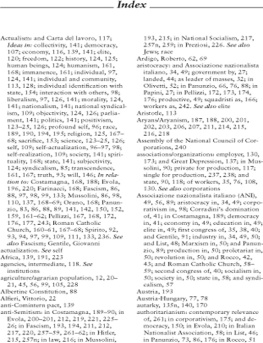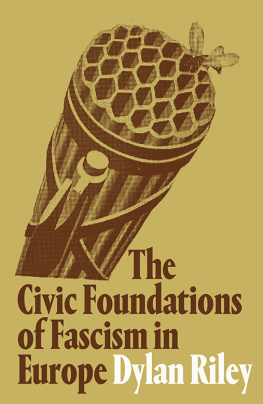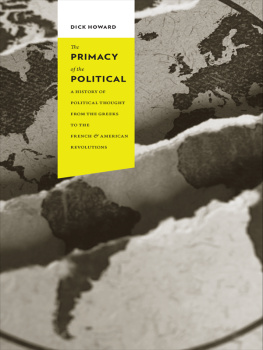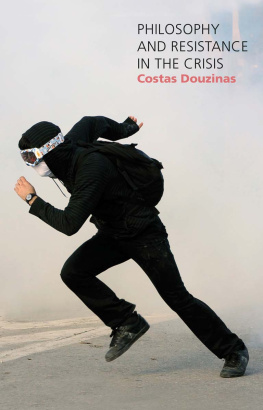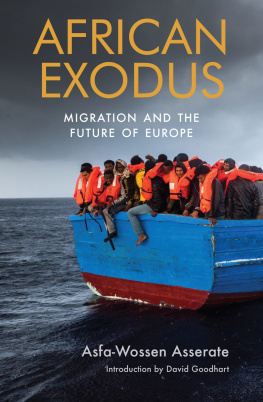
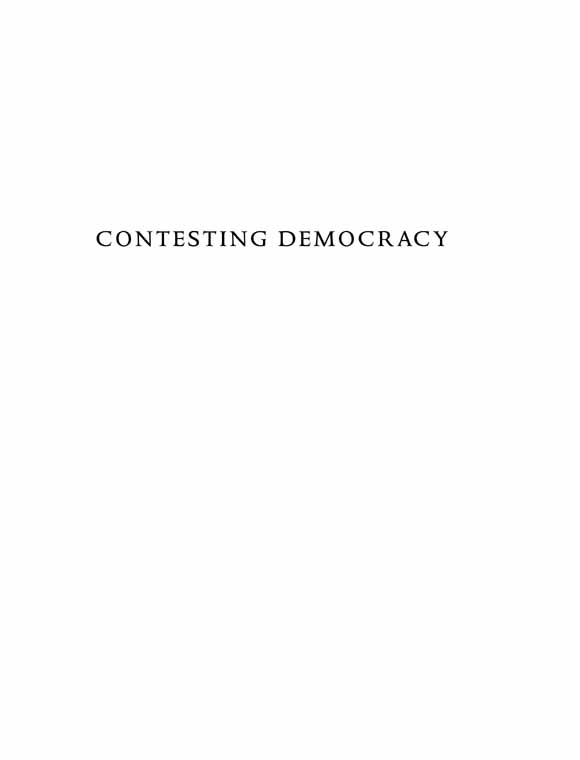

Copyright 2011 Yale University
All rights reserved. This book may not be reproduced in whole or in part, in any form (beyond that copying permitted by Sections 107 and 108 of the U.S. Copyright Law and except by reviewers for the public press) without written permission from the publishers.
For information about this and other Yale University Press publications, please contact:
U.S. Office: sales.press@yale.edu www.yalebooks.com
Europe Office: sales@yaleup.co.uk www.yalebooks.co.uk
Set in Minion Pro by IDSUK (DataConnection) Ltd
Printed in Great Britain by TJ International Ltd, Padstow Cornwall
Library of Congress Cataloging-in-Publication Data
Mller, Jan-Werner, 1970
Contesting democracy: political thought in twentieth-century Europe /Jan-Werner Mller.
p. cm.
Includes bibliographical references and index.
ISBN 978-0-300113211 (cloth: alk. paper)
1. DemocracyPhilosophyHistory20th century. 2. DemocracyEuropeHistory20th century. 3. IdeologyEuropeHistory20th century. 4. Political scienceEuropeHistory20th century. I. Title.
JC421.M88 2011
321.8dc22
2011011273
A catalogue record for this book is available from the British Library.
10 9 8 7 6 5 4 3 2 1
For Erika
Contents
Illustrations
Max Weber and Ernst Toller at a conference in Burg Lauenstein, Thuringia, 1917. bpkimages, Berlin.
Karl Ehn's, Karl-Marx-Hof (192730), Heiligenstdter Strasse, Vienna. sterreichische Nationalbibliothek, Vienna, 116.926-B/C.
Commissar Lukcs thanks the proletariat for its help in overcoming the counter-revolution. Still from a newsreel by Red Reportage Films. Hungarian Film Institute.
Soviet Constitution. Article 1: The Union of Soviet Socialist Republics is a Socialist State of Workers and Peasants by El Lissitzky and Sophie Kppers, fold-out poster from USSR in Construction, nos 912 (SeptemberDecember 1937). Getty Research Institute, Los Angeles (87-S197).
Giovanni Treccani, Benito Mussolini, Calogero Tumminelli, Giovanni Gentile and Ugo Spirito at the inauguration of the Italian Encyclopaedia of Science, Letters, and Arts (Enciclopedia Treccani), 1933. Centro Documentale Lampi Neri.
Pope Paul VI consults with Jacques Maritain about the Second Vatican Council, 1964. Archives du Cercle d'Etudes, J. et R. Maritain, Kolbsheim, France.
Nous sommes tous des juifs et des allemandes, poster by Atelier Populaire, Paris (1988 reprint of 1968 original). International Institute of Social History, Amsterdam.
Herbert Marcuse at an event at the Freie Universitt Berlin, 1967. Ullstein Bild, Berlin.
Jean-Paul Sartre, Andr Glucksmann and Raymond Aron, Palais de l'Elyse, 26 June 1979. Richard Melloul/Sygma/CORBIS.
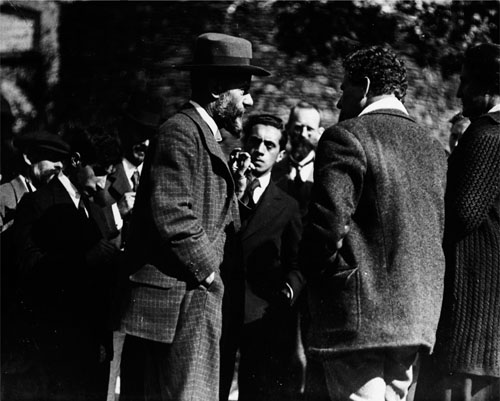
Lecturing German youth on what's what: Max Weber (with hat) at a conference in Burg Lauenstein (Thuringia) in 1917, which was intended as a place for different generations of German intellectuals to meet (and which Weber later called a department store for Weltanschauungen). It was at this gathering that Weber directly (and passionately) confronted a number of young left-wing intellectuals (or littrateurs) who opposed the War. The writer Ernst Toller (centre, back) was one of them. Eventually Toller was put on trial for his role in the Bavarian council republic. Weber, despite all his misgivings about Toller's politics, was to come to his defence. Toller was spared the death penalty.
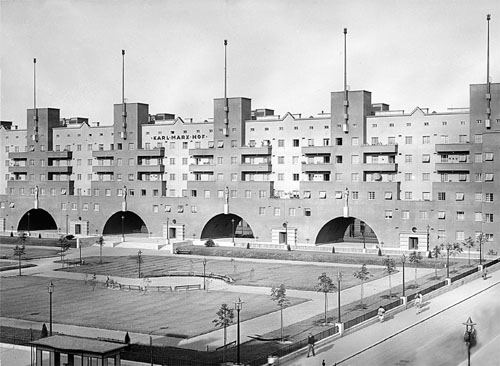
A workers' home in Red Vienna (also more or less functional as a fortress for class warfare): Karl-Marx-Hof, 192730, Heiligenstdter Strasse, in the 19th district of the city. The complex contained more than 1,300 apartments; balconies and private toilets were distinct innovations sometimes perceived as luxuries for workers' homes. The Hof remains the longest residential building in the world.
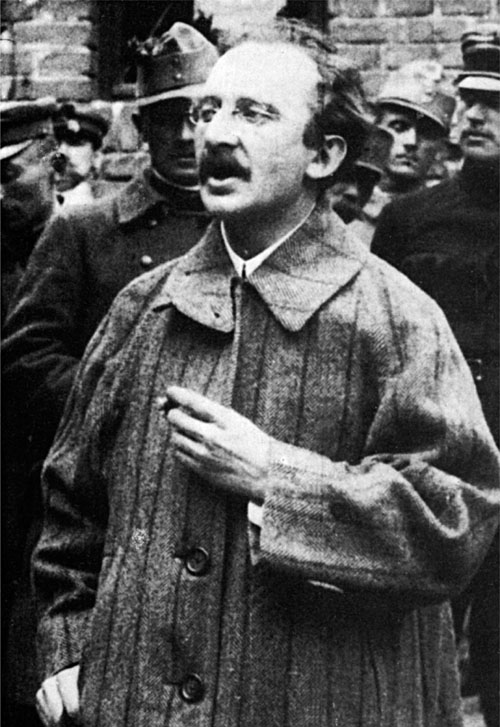
The intellectual joins the battle: Commissar Lukcs thanks the proletariat for its help in overcoming the counter-revolution, or so the official caption of this still from a newsreel tells us. Lukcs is reported to have lectured his soldiers: If blood can be shed, and who would deny that it can be, then we are permitted to shed it. But we can't allow others to do it for us. We must take full responsibility for the blood that is shed. We must also provide an opportunity for our blood to be shed In short, terror and bloodshed are a moral duty, or, more plainly, our virtue.
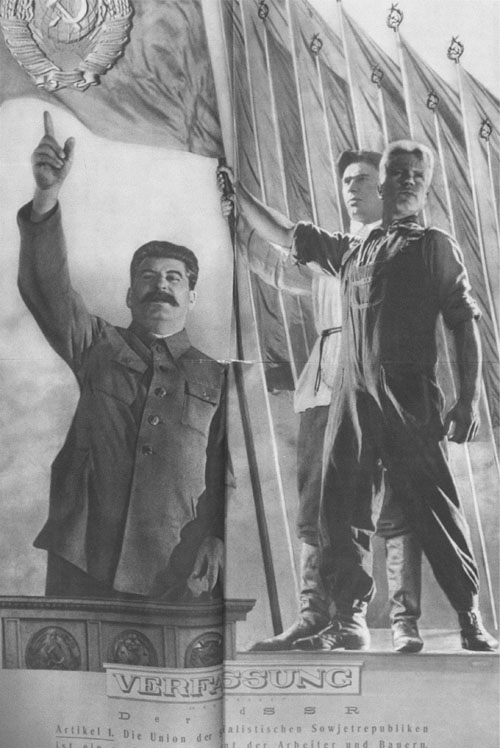
Stalin touted his constitution as the most Democratic in the World: fold-out poster by El Lissitzky, The Stalin Constitution, from USSR in Construction (1937). Another 1937 El Lissitzky poster bore the inscription, Stalin's Constitution is the Soviet People's Happiness. The supposed Happiness only came to an end in 1977: Stalin's constitution turned out to be the Soviet Union's longest lasting.
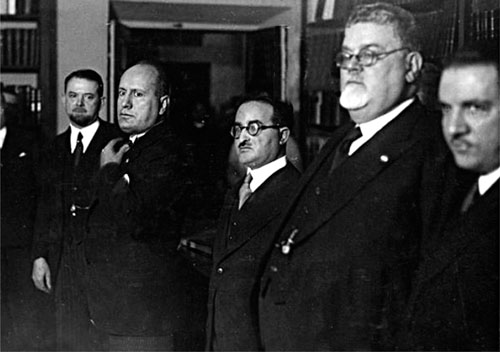
Fascism finally has its doctrine and Italy its Encyclopedia: Mussolini, caught fumbling with his tie, looks anxious, but the others (from left to right) Giovanni Treccani (the publisher), Calogero Tumminelli (the editor), Giovanni Gentile (the main philosopher of Fascism) and Ugo Spirito (who would later turn from Fascism to Communism) seem rather confident.
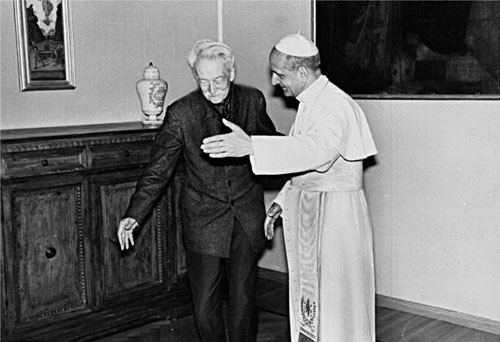
No political thinker did more to reshape the Catholic Church's attitude towards liberal democracy and human rights: Jacques Maritain consults with Pope Paul VI in 1964. While a great proponent of Christian Democracy, Maritain was no friend of Christian Democratic parties; in the mid-1960s he declared: until today and despite (or because of) the entry on the scene, in different countries, of political parties labeled Christian (most of which are primarily combinations of electoral interests) the hope for the advent of a Christian politics has been completely frustrated.
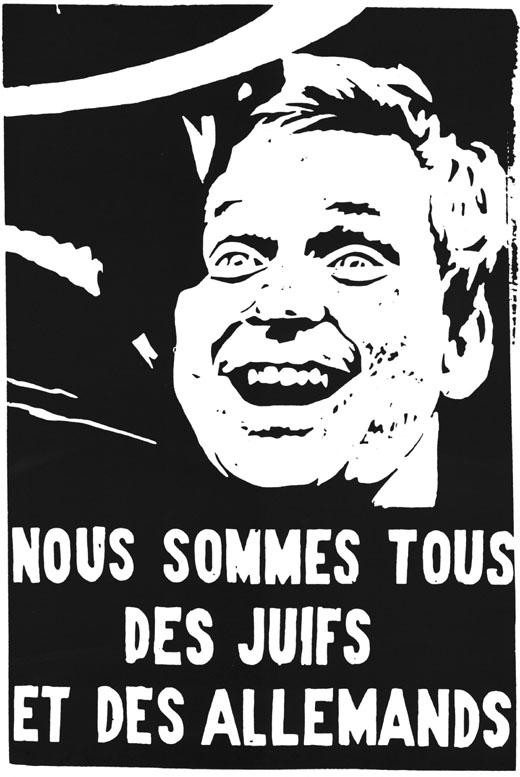
French students defy the bourgeois Rights lingering anti-Semitism and, inadvertently, bring about a bit of European integration: Nous sommes tous des juifs et des allemandes (we are all Jews and Germans), poster depicting Red Danny Daniel Cohn-Bendit (1988 reprint of the 1968 original).
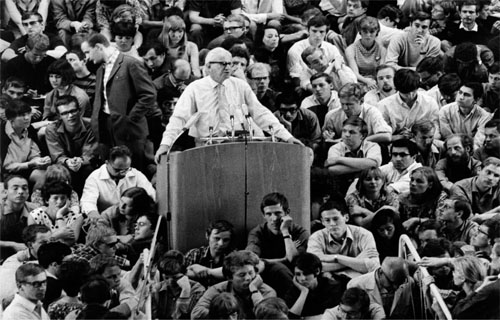
Next page
